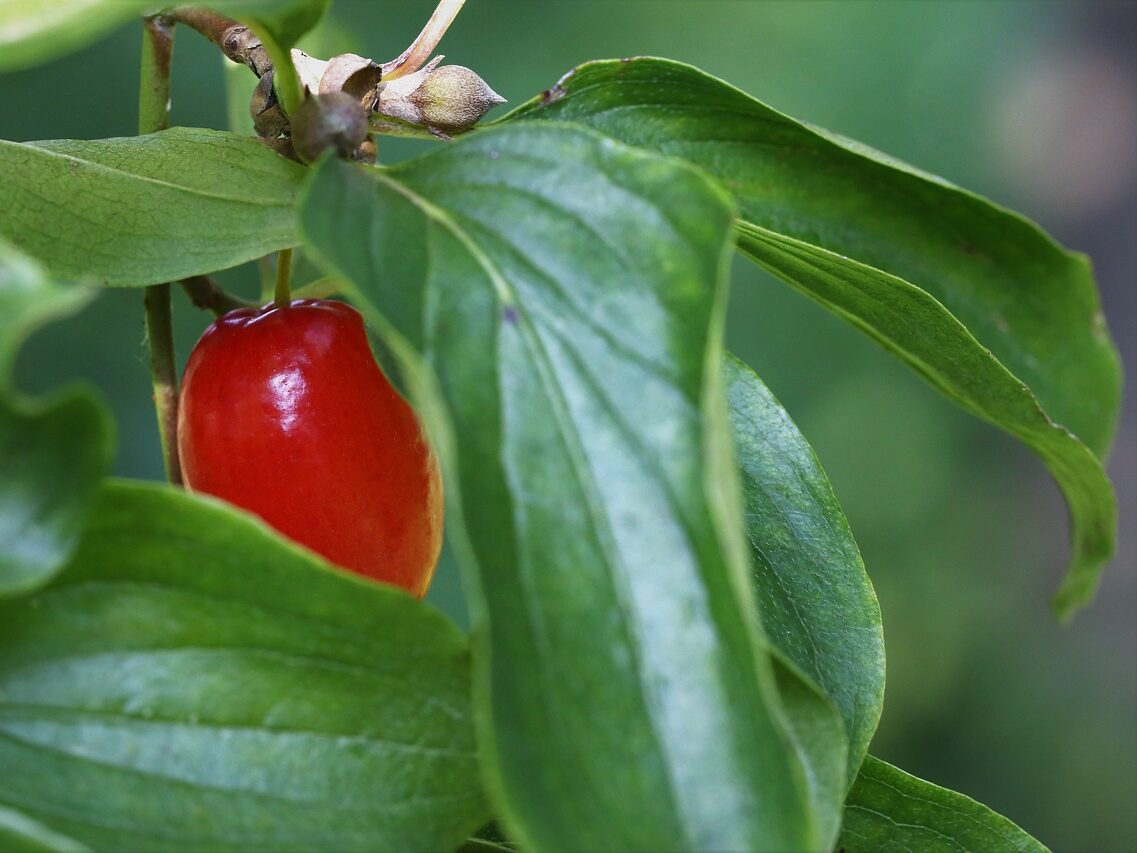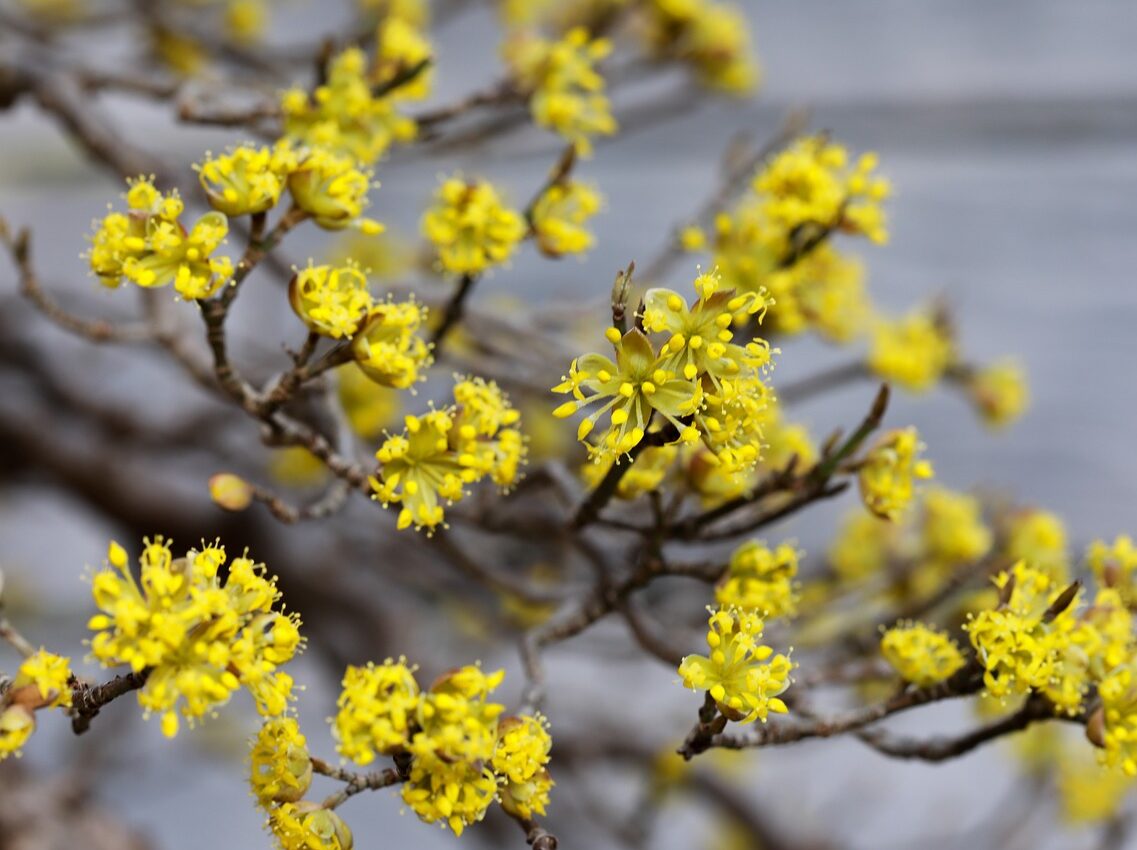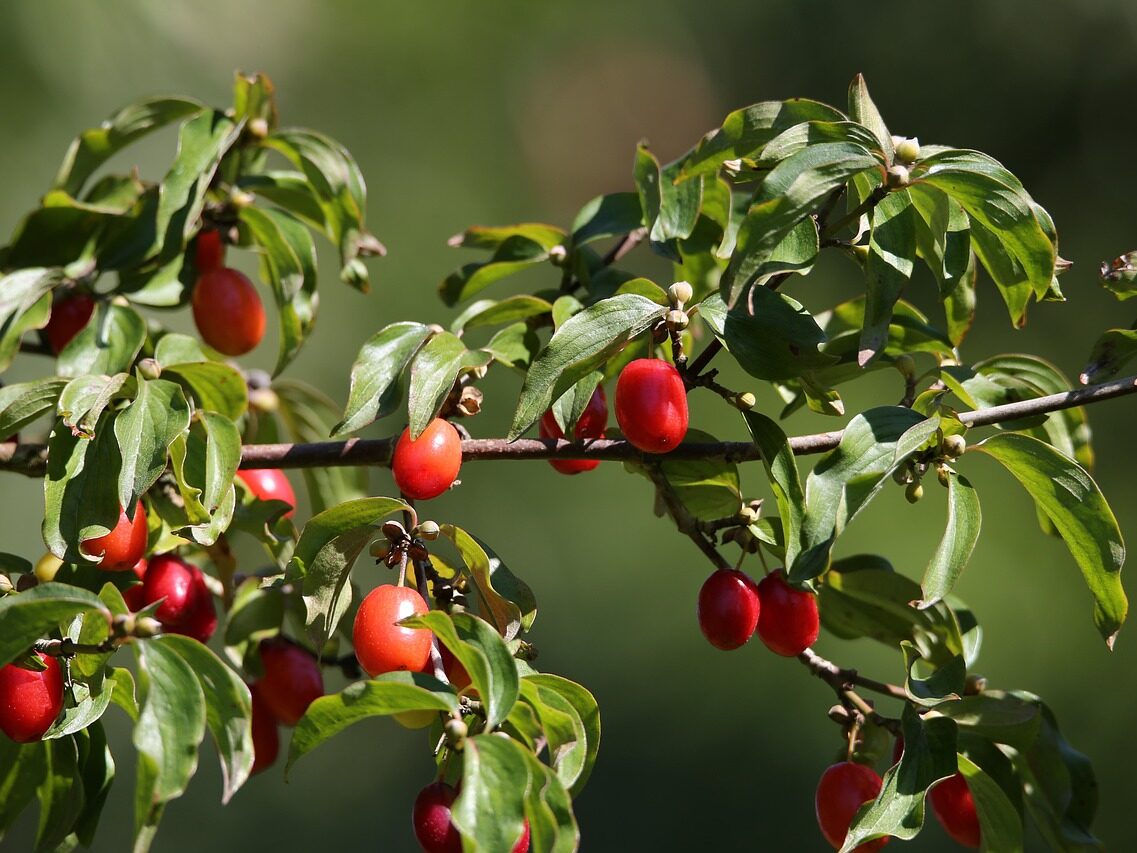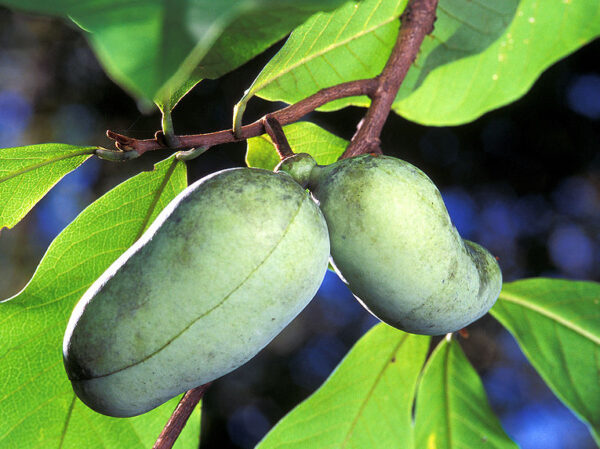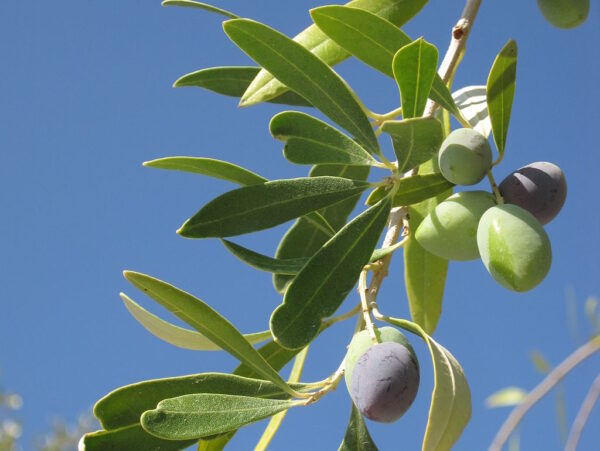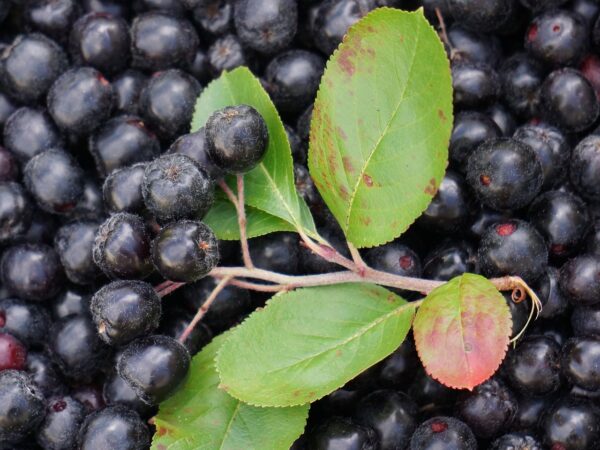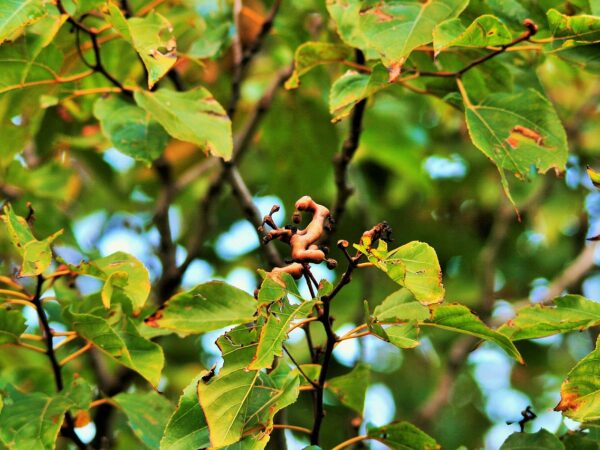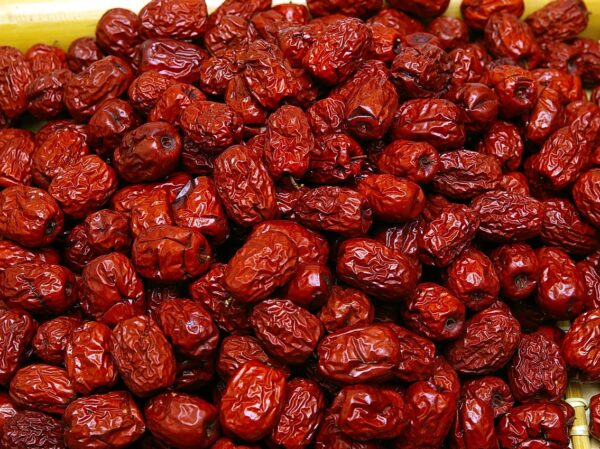Your cart is currently empty!
Additional Info
Cornus mas (Cornelian cherry) | Plant of the month:
Complicated Seed Dormancy and Germination: A Primer
Studies:
Cornus mas: a review on traditional uses and pharmacological properties
Description
Pack of 5 seeds
Who doesn’t love a dogwood? Their flowers are like none other, and you can tuck them into a relatively small space. But did you also know their fruit is edible?
Cornelian cherry has been propagated for a long time for it’s fruit. Tart, sweet – like a cranberry mixed with a sour cherry – sometimes with a touch of pineapple of all things. It’s another fruit you could eat fresh when they’re fully ripe, but you’re more likely to prefer as a jam, jelly, marmalade. They’ve got a rich history in Eastern Europe, where they’re also used to make an alcohol. It’s your good ole all ’rounder on a lovely, compact tree with beautiful flowers.
The technical bits –
Plants reach 4–7 metres tall, with a spreading, slightly arching habit. They flower very early – often in late winter – with clusters of small yellow blooms that provide one of the first sources of pollen for bees. The oblong red fruits ripen from late summer to early autumn and can be eaten fresh when fully soft, or used in preserves, syrups, and wines. It will grow well in full sun to part shade and in a variety of soil types, provided drainage is good. It is cold-hardy to -30°C and has no major pests. Chilling requirements for fruit set are moderate – typically around 800-1,000 hours of winter chill.
Cornelian cherry fruits far more reliably with cross-pollination. So plant three to five seedlings to ensure enough genetic diversity for good fruit production.
Germination and Cold Stratification:
Seeds require a double dormancy – a warm stratification phase followed by a cold one. Begin with 180 days of warm, moist stratification at ~20°C, then move to 120 days of cold stratification at 1-5°C. Germination may take a full year or more and is often staggered.
Pack of 5 seeds
